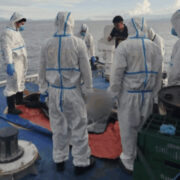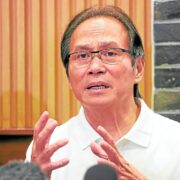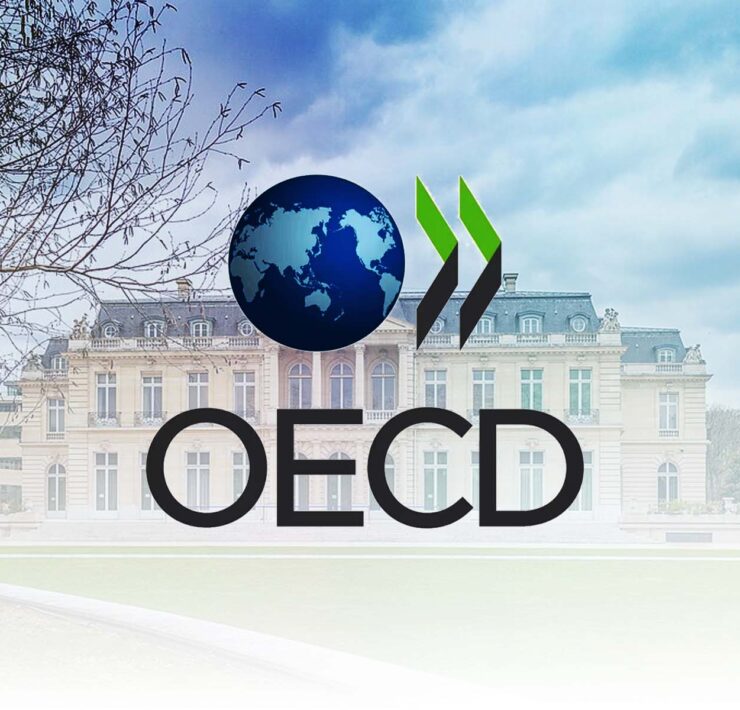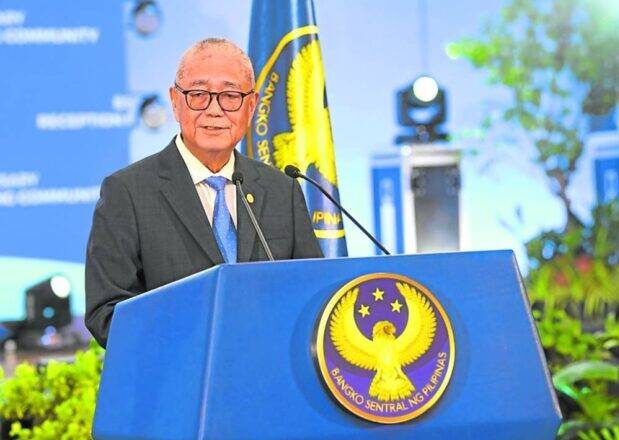Resilience amid inflation

Tonight, like past New Year’s eves, the public would look to the coming year with hope and positive expectations on what may be in store for them in the next 365 days.
Based on past surveys, most Filipinos had expressed optimism that things would get better in every change of the year.
The year that is about to end was marked by several natural and man-made calamities that made life difficult for millions of Filipinos and tested the ability of the government to live up to its duties and responsibilities. Climate change made its presence felt and how.
In less than two months, the political dispute between the two highest political officials of the country is expected to intensify with the coming midterm elections.
The political alliance they forged in 2022 that led them to overwhelming victory is over and done with.
Officially, the authorized campaign period for the Senate and the party list system is from Feb. 11 to May 10, while that for congressional districts and local government offices is from March 28 to May 10, 2025.
But this early, many of the candidates have already launched their campaigns in social media in ways that adroitly go around the ban on premature campaigning.
The political fever is expected to rise further after the euphoria over the holiday season has simmered down. As the politicians engage in their hustings, the economic problems that the country’s 99 percent have to deal with in their daily lives are expected to take the backseat.
The coping mechanism of majority of Filipino households in an environment of high prices and low wages, aggravated by government policies that restrict economic growth, would once again be tested.
They would have to be more creative or resourceful in finding ways and means to further stretch their peso to be able to manage the present high cost of living.
A study conducted this year by Philippine startup Packworks showed that, based on buying trends in sari-sari stores, the familiar name for small neighborhood stores, households had been resourceful in satisfying the food requirements of their families.
Using data drawn from over 300,000 stores, sales of seasoning and recipe mix items this year increased by 80 percent and 72 percent, respectively, compared to last year.
By and large, those items have low nutritional value, if at all, and are used as “extenders” or flavor enhancers for foods that are within the budget of the family.
According to Packworks, this shows the resilience of Filipinos in the way they adapt their purchasing habits to make ends meet and “… their enduring ingenuity in navigating economic challenges.”
Stripped of its effusive description, those households had no choice but resort to that coping mechanism; otherwise, their families would be unable to meet their minimum nutritional requirements, especially their young children who can be picky with their food choices.
Although the ability to adapt to changing circumstances is a wholesome trait, it is not something that should be romanticized or ought to be expected of households who do not have the resources to make ends meet.
If they had more money to spare, they surely would have less need for those items and be able to put more nutritional value or substance to their daily means.
The same supposed resilience of Filipinos is often cited (like a broken record) when natural calamities hit the country as if it is a mitigating factor that should excuse the government from its failure to take the appropriate actions to minimize the adverse effects of those phenomenon.
Most Filipinos have steeled themselves to the fact that in times of crisis, they have to fend for themselves and not depend on the government or the elected officials for their salvation.
Hopefully, next year, those seasoning and recipe mix items would be a matter of choice and not of necessity for many of our households.





















